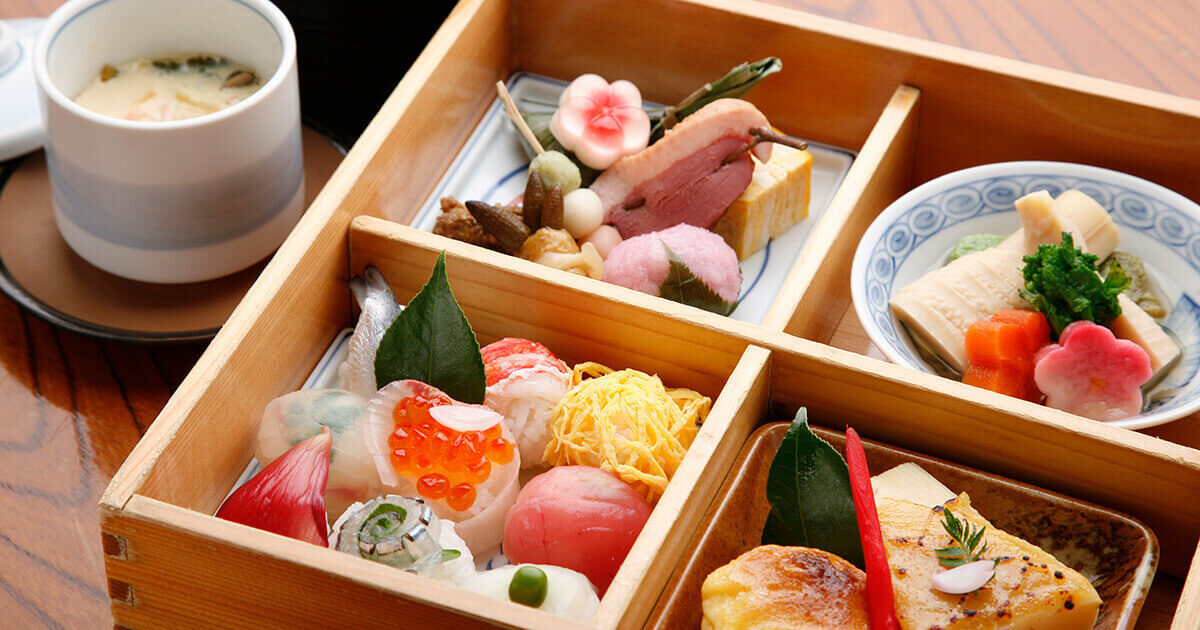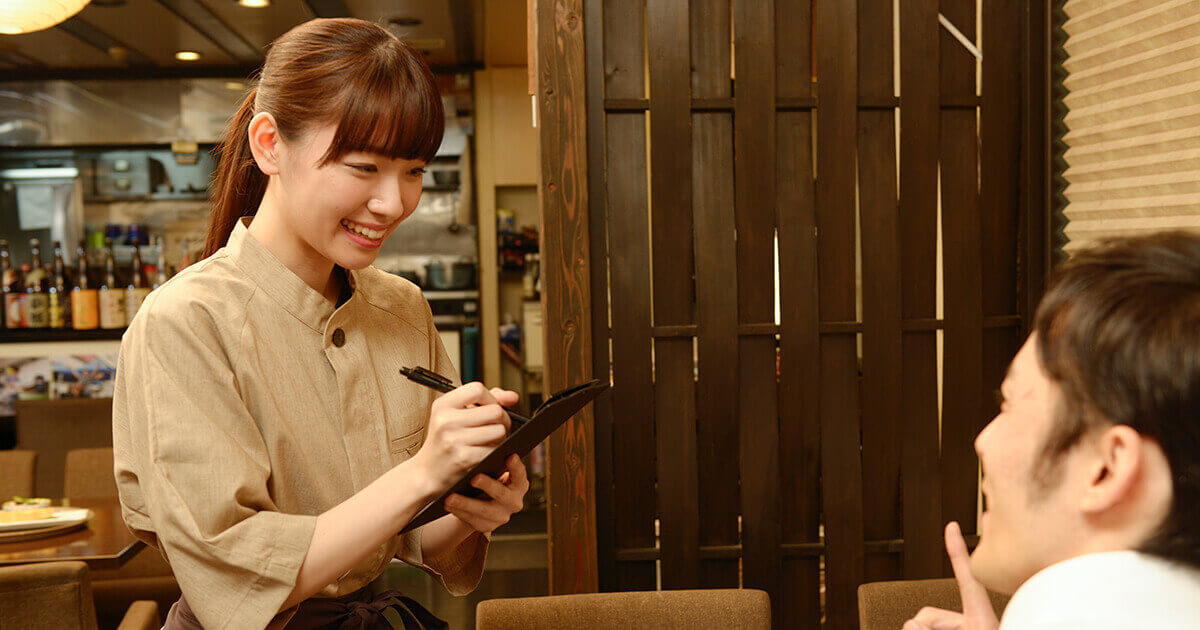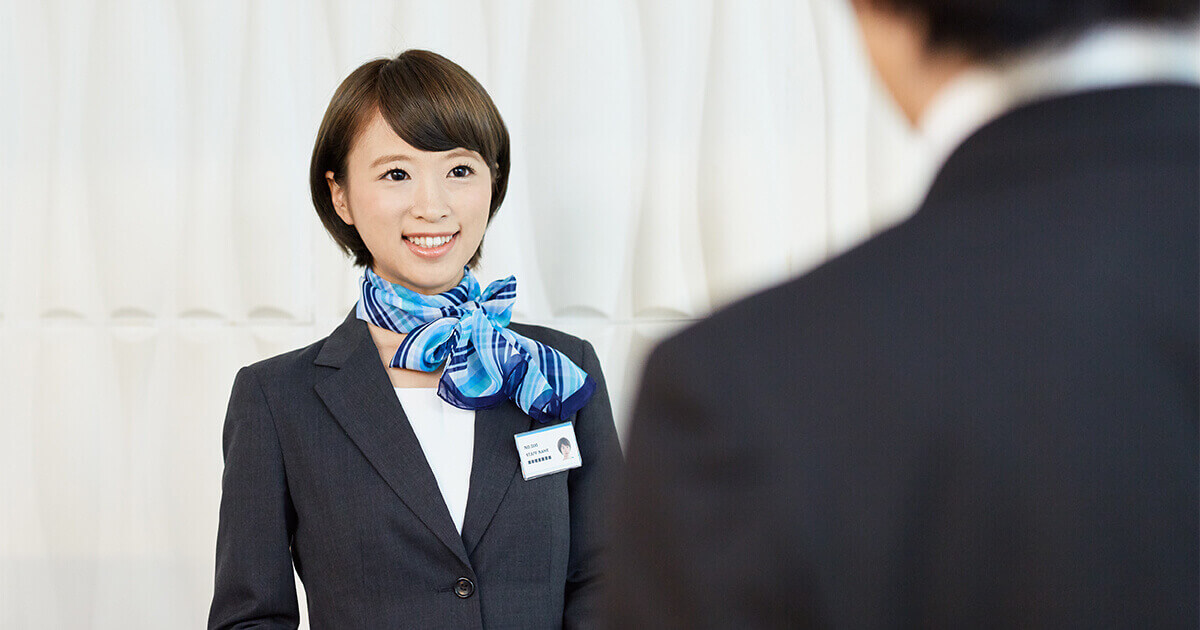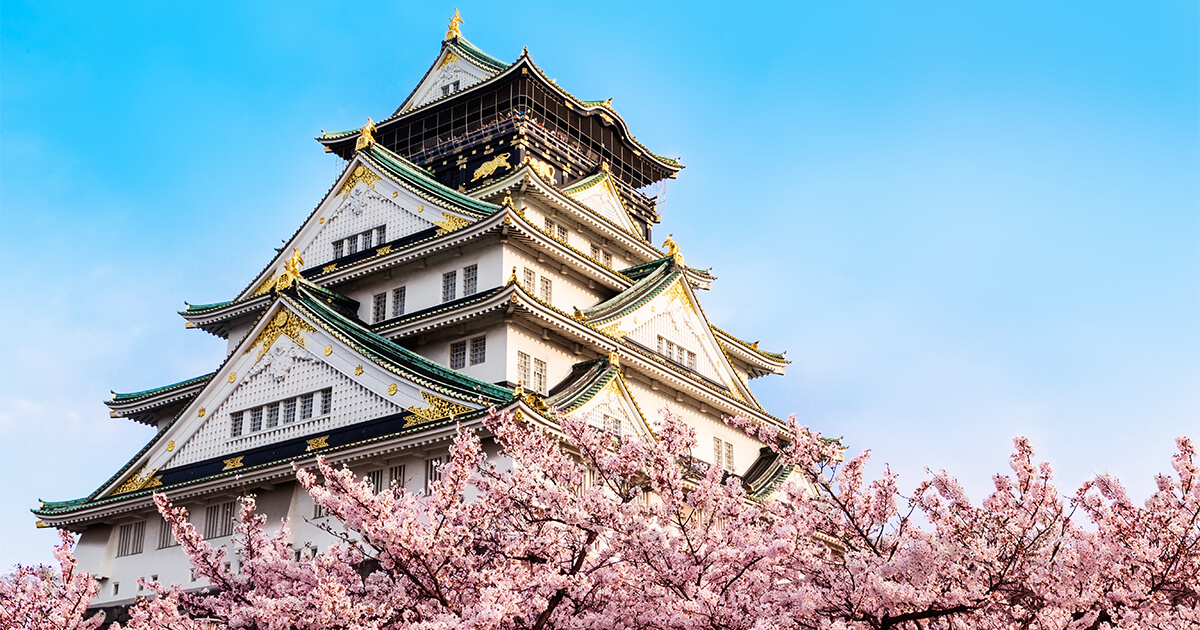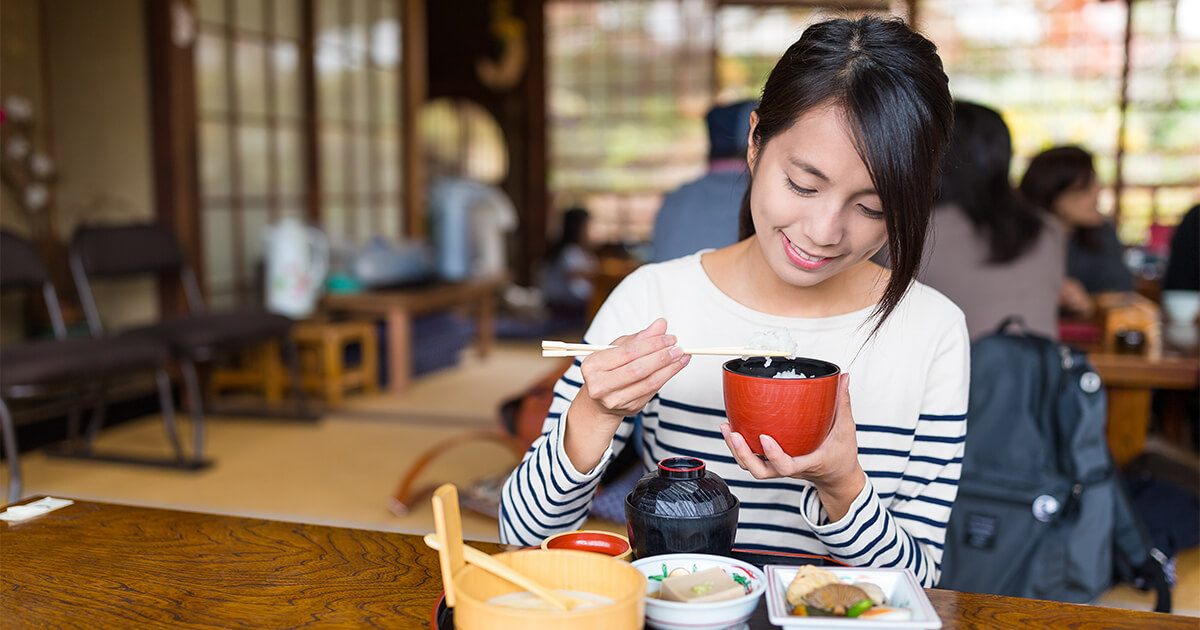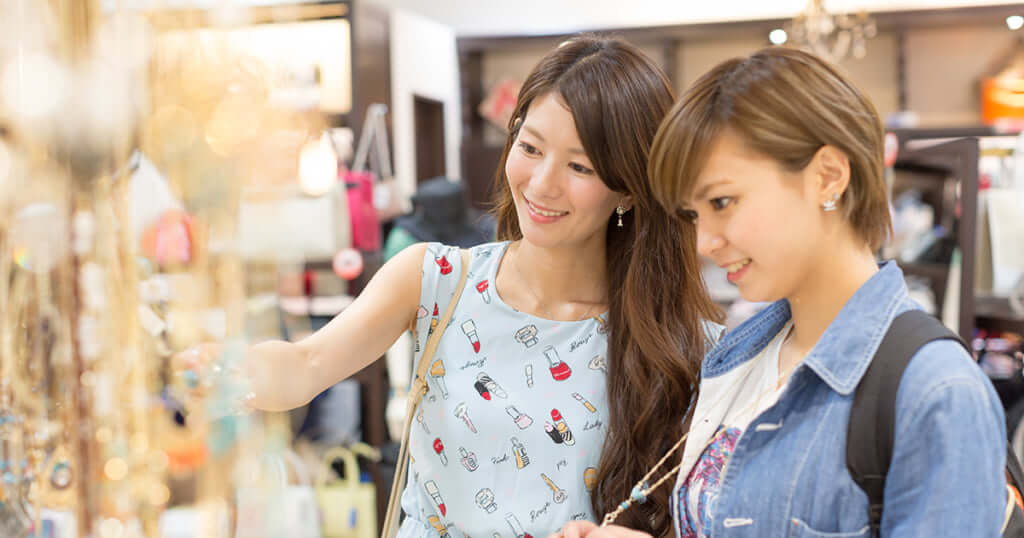
One of the most anticipated activities when holidaying in Japan is probably shopping. You may find some English-speaking staff at tourist attractions but it is convenient if you can speak some Japanese yourself.
Let’s learn some expressions we can use when shopping.
1. すみません。Sumimasen.
Excuse me.
Call out “sumimasen” and the sales staff will come and attend to you in the shop.
2. 英語(えいご)が分(わ)かりますか。 Eigo ga wakarimasuka?
Do you speak English?
Try asking with this expression if you wish the sales staff to explain in English.
3. これはなんですか。 Korewa nandesuka?
What is this?
You may find a lot of fascinating things that you are seeing for the first time in Japan. Well, you can try using this expression. “これ kore” refers to things that are near the speaker; “それ sore” refers to things that are near the listener; and “あれ are” refers to things that are far from both the speaker and listener. Use “kore/sore/are wa nan desuka” according to the distance.
4. いくらですか。Ikuradesuka?
How much?
Asking about prices is definitely one expression you must remember when travelling overseas. To be more specific, you can add the item you wish to buy in front of the expression, for example “これはいくらですか。Kore wa ikura desuka” (how much is this?) and “クッキーはいくらですか。Kukkii wa ikura desuka” (how much is the cookies?).
5. クレジットカードは使(つか)えますか? Kurejitto kaado wa tsukaemasuka?
Can I use credit card?
Credit card is convenient when making overseas payment. Contrary to expectation, credit cards are not so commonly accepted in Japan. In this case, you can try asking whether the shop accepts credit cards or not. If you find “tsukaemasuka” difficult to pronounce, you can also say “クレジットカード、OKですか。Kurejitto kaado, OK desuka”. If they accept, they would reply “OKです。OK desu”. If not, they would say “すみません、クレジットカードは使(つか)えません。Sumimasen, kurejitto kaado wa tsukaemasen” (I’m sorry, credit card is not accepted.)
6. べつべつにつつんでください。 Betsubetsuni tsutsundekudasai.
Please wrap them individually.
When you buy multiple items, the sales staff may ask you “別々(べつべつ)につつみますか Betsubetsuni tsutsumimasuka. Would you like to wrap individually?”. If you wish to do so, you can reply with the above expression. The Japanese are well known for their superb wrapping skills. A beautifully wrapped package would serve as a great souvenir.
7. ふくろはいりません。 Fukuro wa irimasen.
I don’t need a plastic bag.
Japanese items are beautifully wrapped but excessive wrapping is not eco-friendly either. Try using the above expression to decline extra bags. “Fukuro” is bag and “irimasen” is “I don’t need”.
8. けっこうです。 Kekkoodesu.
No thanks.
Some sales staff at tourist attractions may approach you directly and solicit for business. If you don’t feel comfortable, try saying “kekkoo desu”. It is a polite expression that clearly conveys your declination.
9. もう少(すこ)し安(やす)くなりますか。 Moosukoshi yasukunarimasuka?
Can you discount?
Prices are usually fixed and you do not have to negotiate for cheaper prices when shopping in Japan. However, some shops may offer discounts on rare occasions. You can try using this expression then.
10. どうもありがとう。 Doomo arigatoo.
Thank you.
Express your thanks with the above expression when you are leaving the shop or when you have received something from the sales staff. You can also use “どうも doomo” or “ありがとう arigatoo” only. To make it more polite, you can say “ありがとうございます arigatoogozaimasu”.
Recently, electronic stores such as Bic Camera and cosmetics counters in airports have started to recruit more non-Japanese sales staff. However, many sales staff can only speak Japanese in places where there are few foreign tourists. Challenge yourself and try to use the above expressions for a more enjoyable shopping experience.

